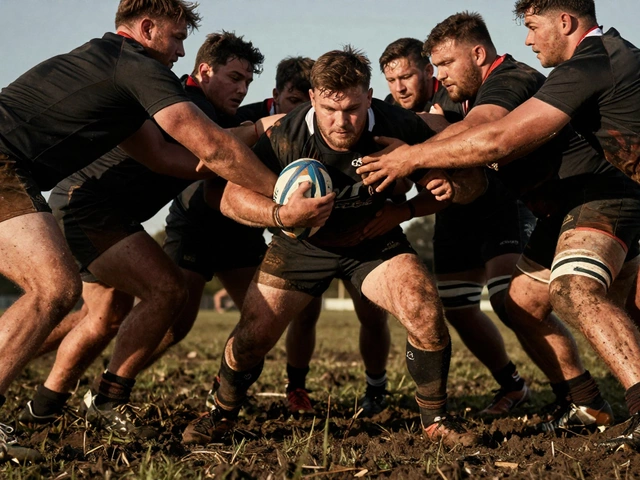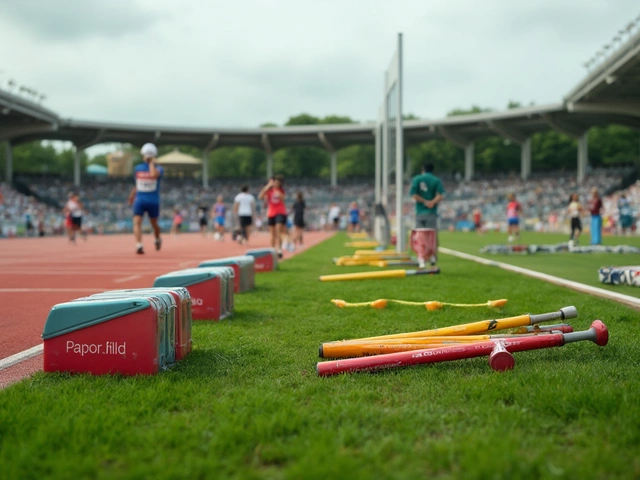Nutrition: Fueling Your Game and Everyday Life
When you hear the word Nutrition, the process of providing or obtaining the food needed for health, energy and performance. Also known as diet, it shapes how your body works, recovers, and feels.
A key part of nutrition is Energy Balance, the relationship between calories you eat and calories you burn. Think of it as the seesaw that determines whether you gain, lose, or maintain weight. When that balance aligns, you get the steady fuel supply needed for everyday tasks and intense training. Another pillar is Macronutrients, proteins, carbohydrates and fats that provide the bulk of your daily energy. Each one plays a distinct role: carbs spark quick bursts, protein rebuilds muscle, and fat sustains long‑duration effort. Together, these entities form the core recipe that athletes and casual movers alike rely on to stay strong.
Why Hydration and Sports Performance Go Hand in Hand
Even the best meals fall short if you ignore Hydration, the intake of water and electrolytes that keeps cells functioning. Water moves nutrients into cells and waste out, so dehydration can trash both energy balance and muscle function. In a typical training session, losing just 2% of body water can drop performance by up to 15%. That’s why many coaches pair nutrition plans with hydration schedules. When you pair proper hydration with a solid energy balance, you set the stage for optimal Sports Performance, the ability to execute physical tasks efficiently and effectively. The link is simple: nutrition provides the fuel, hydration delivers it, and performance shows the result.
Putting theory into practice doesn’t need a fancy lab. Start by counting the calories you eat versus the calories you burn during your typical day—this gives you a clear picture of your energy balance. Then check your plate: aim for a mix of carbs (whole grains, fruit), protein (lean meat, beans, dairy) and healthy fats (nuts, olive oil). Add a glass of water before each workout and sip regularly during it; a sports drink can help if you’re sweating heavily for more than an hour. Timing matters, too—eat a carb‑rich snack 30‑60 minutes before activity to top off glycogen stores, and reach for protein within two hours after to jump‑start recovery. Simple tweaks like these turn abstract nutrition concepts into everyday habits that boost stamina, reduce injury risk, and keep you feeling energized.
Most people think nutrition is only for elite athletes, but the same principles apply to anyone who wants better stamina, sharper focus, or a healthier weight. Poor energy balance can drain your stamina, while the right mix of macronutrients and hydration can turn a sluggish afternoon into a productive one. The posts below dive deeper into related topics—from choosing the right running shoes to understanding sports specific equipment—showing how good nutrition ties into every aspect of athletic life. Explore the collection to see how food, gear, and training all work together to help you play better, train smarter, and feel great every day.
Wondering what to eat to boost your stamina for workouts, sports, or just everyday life? This article breaks down the best foods that help you build endurance and fight fatigue. You'll get practical nutrition tips, learn what actually works, and find out how simple changes can level up your energy game. Whether you're an athlete or just need more pep for your daily routine, these food ideas really deliver. Forget the hype—here's what matters for real stamina.
READ MORE





